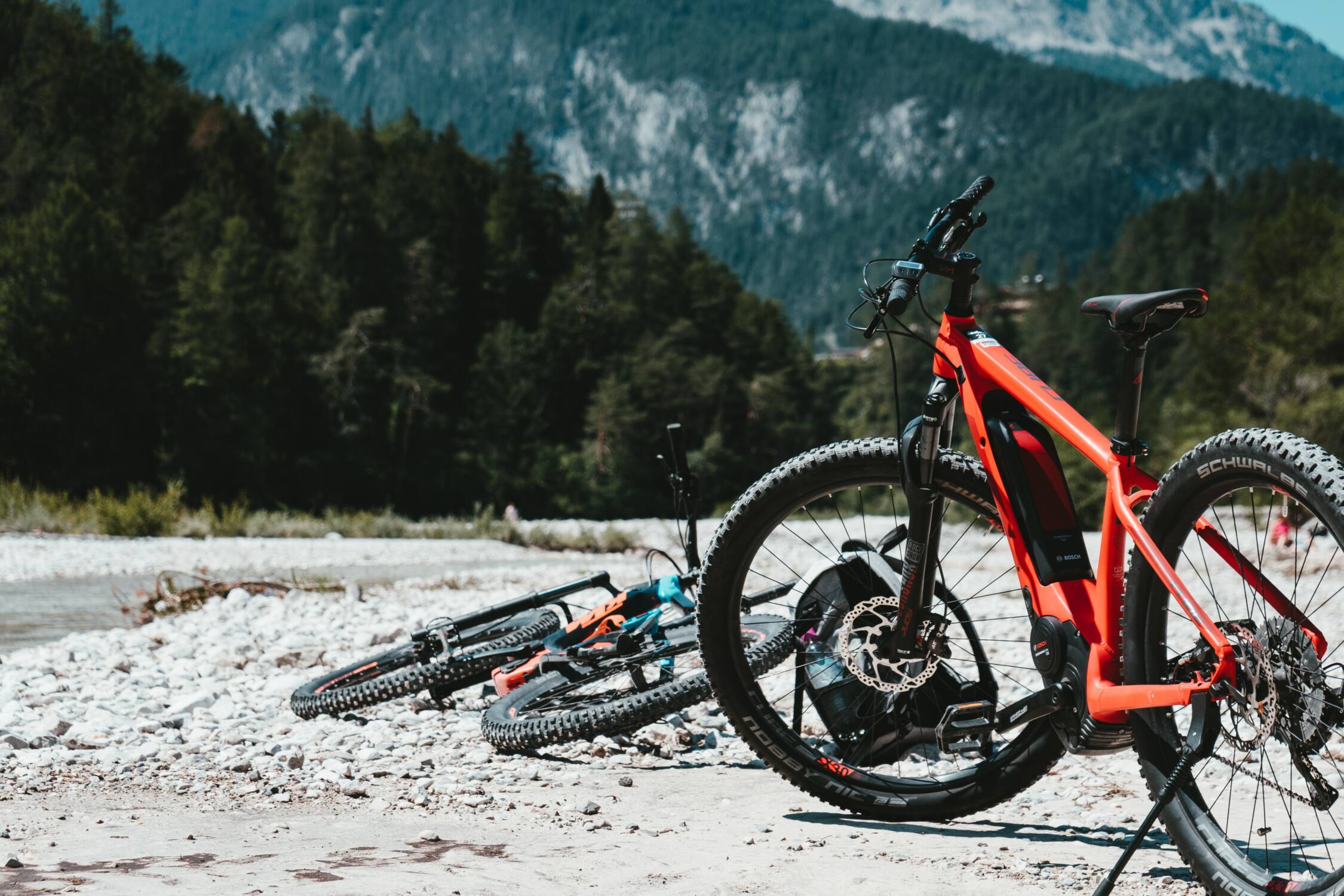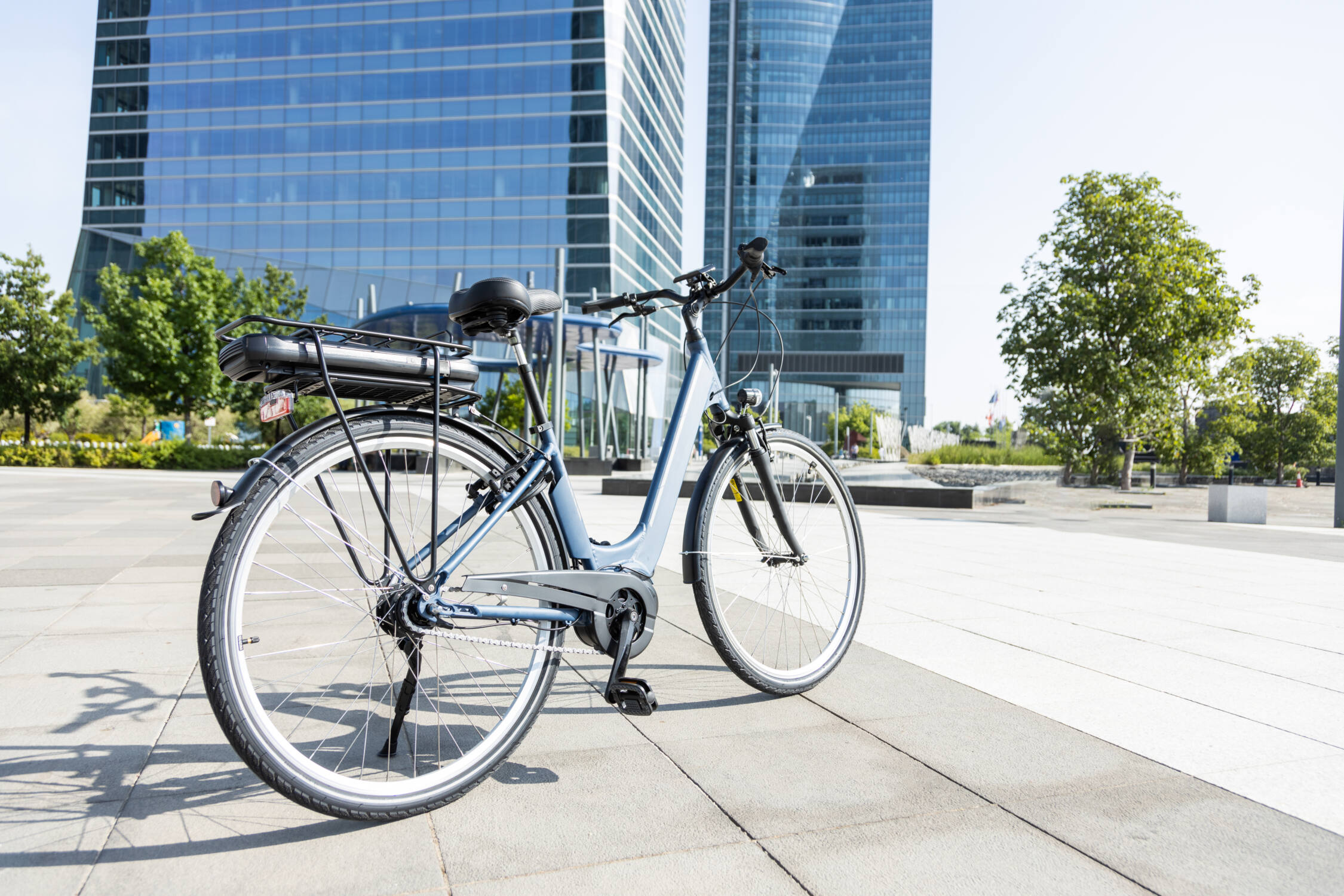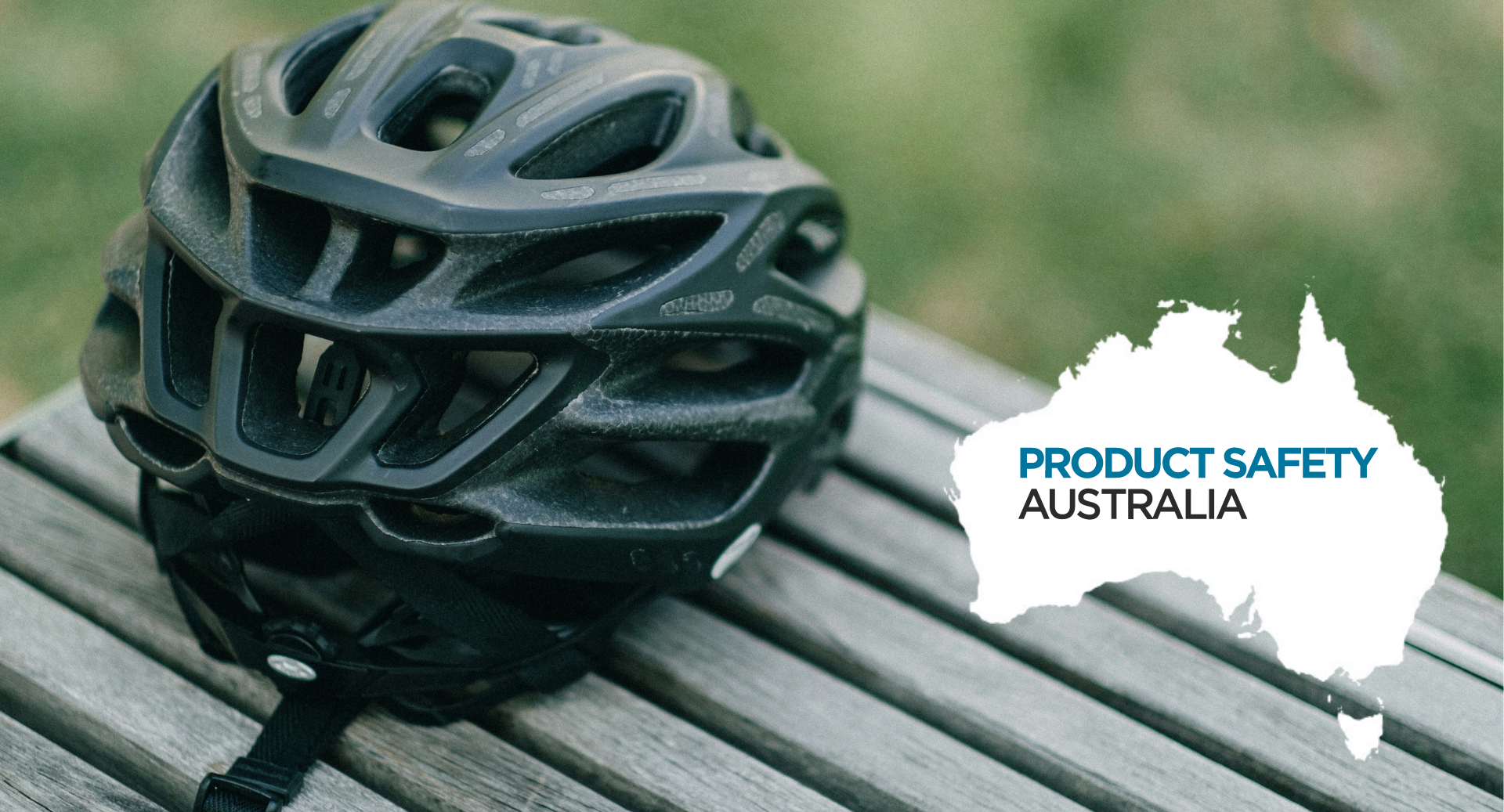
In an age marked by rapid technological advancements, the domain of mobility products has experienced unprecedented growth and diversification. As new choices rapidly hit the market, the central tenet remains unchanged: safety is paramount. This underscores the role of third-party testing, an essential part of mobility product distribution that bridges manufacturers and consumers with trust. This article sheds light on the intricacies of third-party testing across varied mobility segments.
Ready to make your mark on the mobility industry? Submit a test to ACT LAB today to learn more about our 3rd-party testing services.
Bicycles
Traditional bicycles, a testament to simplicity and efficiency, have been integral to our transportation landscape for centuries. Yet, their evolution has prompted stringent safety considerations. The U.S. Consumer Product Safety Commission (CPSC) delineates essential safety parameters, especially for children’s bikes. Standards such as CPSC 16 CFR 1512 guide the industry. Key areas of focus include the strength and durability of the frame and fork, the responsiveness of brakes under various conditions, and the efficacy of reflectors and lights in ensuring rider visibility during low-light scenarios.
E-Mobility
E-Bikes, or electric bicycles , have revolutionized commuting in urban and rural areas, offering eco-friendly and efficient travel options. As we approach 2024, e-mobility trends are on the rise, and it’s essential to understand the evolving landscape of testing standards. From throttle-assisted to pedal-assisted e-bikes, each offers unique benefits for riders. The broader spectrum of e-mobility includes e-scooters, making short-distance travel more convenient and sustainable. These trends reflect a growing emphasis on green transportation in a world seeking eco-friendly and efficient ways to get from point A to B.
Motorcycles
The allure of the open road and the sense of freedom motorcycles provide are juxtaposed with the inherent risks of high-speed two-wheelers. Comprehensive testing becomes pivotal. The National Highway Traffic Safety Administration (NHTSA) sets the regulatory stage for motorcycles. Ensuring a rider’s safety is multifold, encompassing effective braking, stability during turns, and the visibility offered by lights and signals.
Helmets
Serving as the primary protective barrier for one’s head, helmets’ significance cannot be overstated. Be it for leisurely cycling or adrenaline-charged motorcycling, the right helmet can mean the difference between life and death. The CPSC, alongside ASTM, offers comprehensive guidelines. Testing gravitates towards three main facets: the helmet’s ability to absorb sudden impacts, the effectiveness of its retention system under stress, and the wearer’s field of vision, ensuring it isn’t compromised. At ACT LAB we test a variety of helmets including bicycle helmets, motorcycle helmets, and sports helmets.
Personal Protective Equipment (PPE)
In a variety of settings, from bustling construction sites to professional laboratories, PPE is the silent guardian. Their importance has been further underscored in the face of global health crises. The Occupational Safety and Health Administration (OSHA) lays down the regulatory framework, with standards like ANSI/ISEA 107 highlighting high-visibility safety apparel. When testing PPE, the focus shifts to material durability against various hazards (like chemicals or heat), the protective capabilities it offers, and, in many cases, visibility in diverse lighting conditions.
Fitness Goods
In our relentless quest for health and wellness, fitness equipment serves as a constant companion. But how often do we ponder on their safety? Standards, such as ASTM F2276 specific to stationary exercise bicycles, ensure that our trust isn’t misplaced. Testing evaluates weight-bearing capacities, the stability of equipment during peak stress scenarios and the safeguarding measures in place for moving components to prevent inadvertent injuries. Equipment like weights, fitness bands, and other fitness goods can all be testing for quality, durability, and reliability.
Outdoor and Sporting Goods
Embracing the great outdoors with sporting gear requires the confidence that equipment won’t falter. Be it tents resisting sudden downpours or rock-climbing harnesses bearing weight, safety is non-negotiable. Various ASTM guidelines, like ASTM F2959 for commercial adventure equipment, guide manufacturers. The testing spectrum is broad, considering the diverse nature of outdoor goods. Factors include resistance to environmental stresses, product reliability in its intended usage scenarios, and material resilience over prolonged periods.

e-Validate Directory
Learn more about our e-Validate Directory, ACT Lab’s e-Validate directory, an online resource that verifies compliance for safety standards for electric bicycles and lithium-ion batteries, demonstrating to buyers and regulatory services that products have been thoroughly tested and are compliant with important micromobility safety standards such as ANSI/CAN/UL/ULC 2271, 2272, and 2849.
About ACT-LAB
ACT-LAB is an ISO/IEC 17025 accredited laboratory that conducts consumer product safety and compliance testing for an active world. We can help ensure that your products both meet industry standards and are inspected to ensure the utmost quality.
To learn more about our tests contact us today.
Read more about our accreditations here.
 ISO/IEC 17025 Accredited Independent Testing Laboratory
ISO/IEC 17025 Accredited Independent Testing Laboratory








